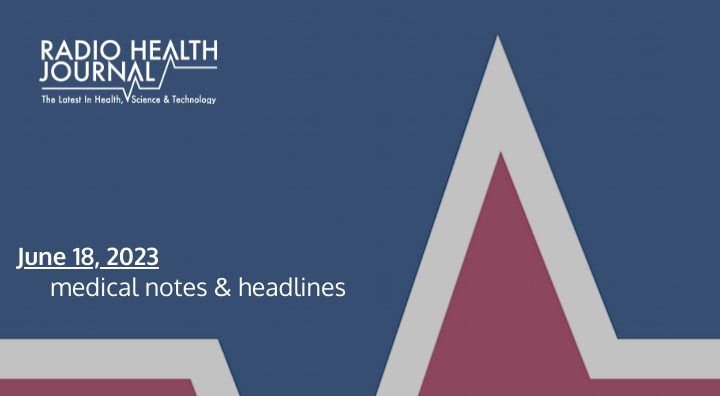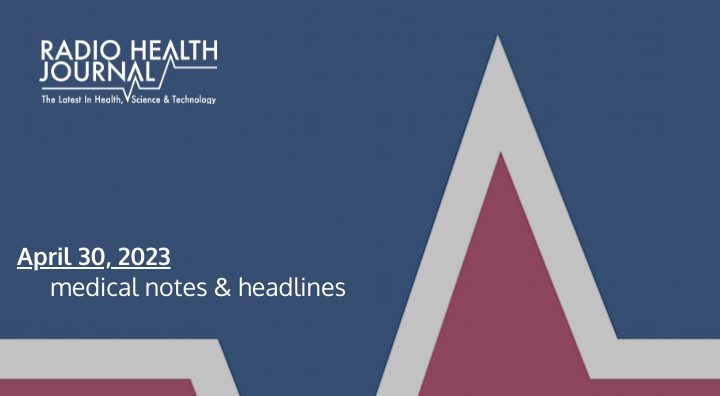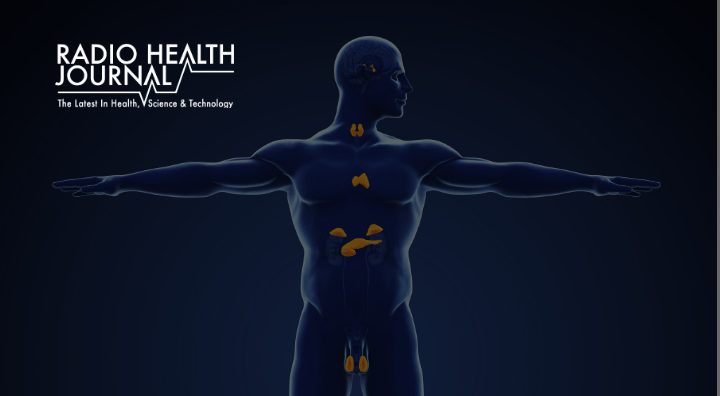Menopause: What To Expect When You’re Finished Expecting
Why don't we know more about menopause? Experts discuss how to stay in control of your body and feel like yourself again during this life transition.

External link for more info: Yale University

Why don't we know more about menopause? Experts discuss how to stay in control of your body and feel like yourself again during this life transition.

Dr. James Hamblin explains how to tell if a persistent itch or bothersome joint pain has a simple fix or needs to be checked by a professional.

How to keep your kids safe in pools this summer. It’s time for camping, grilling, and avoiding mosquitoes. New treatments for eye disease may be right around the corner. Forget about our digital fingerprints, our actual DNA can be found almost anywhere in the world.

Cases of HIV may be on the rise. Why is multiple sclerosis underdiagnosed in children? Should fathers drink during a pregnancy? And more.

Experts explain how this will affect the public, researchers, and the publishing industry.

Neighborhood pharmacies are closing across the nation, leaving their communities without close access to medication and other healthcare needs.

Dr. Brett King, a dermatologist at Yale University, explains how one new FDA-approved treatment is the first systemic therapy for severe alopecia.

A new study shows that naps don't make up for lost sleep. Then, research finds that people who have someone they can count on to listen to them have brains that age much slower than others. Next, a study suggests that for teens, a close, supportive bonds with their fathers is even more important than previously thought. And finally... a study says social …

An expert author details the discovery of hormones and how our growing knowledge has shaped treatment of many diseases and conditions.

Studies show that medical professionals are as biased as the rest of us against people who are overweight, resulting in lectures, misdiagnoses, and patients who start avoiding the doctor.

Hormones were unknown until a little more than 100 years ago, and experts admit we still have a lot to learn. An expert author details the discovery of hormones and how our growing knowledge has shaped treatment of many diseases and conditions.

After criminal convictions, many people with substance use disorder are placed on probation with the condition they remain completely drug free. They are often jailed when they relapse, setting back recovery and removing them from treatment that helps keep them clean. Is that fair, when relapse is a common symptom of their disease (and many others)?
Subscribe to get the latest from Radio Health Journal directly in your inbox.

